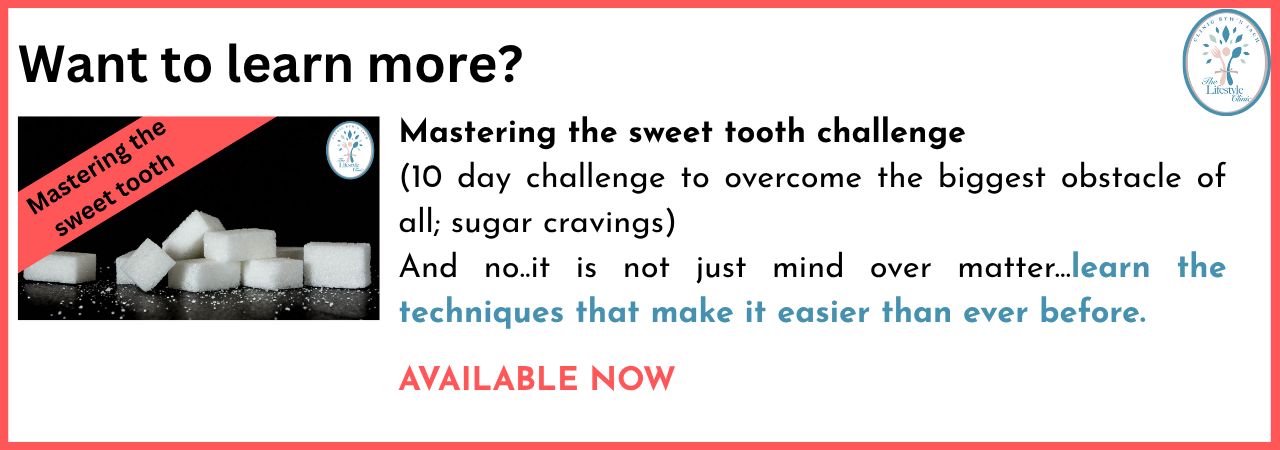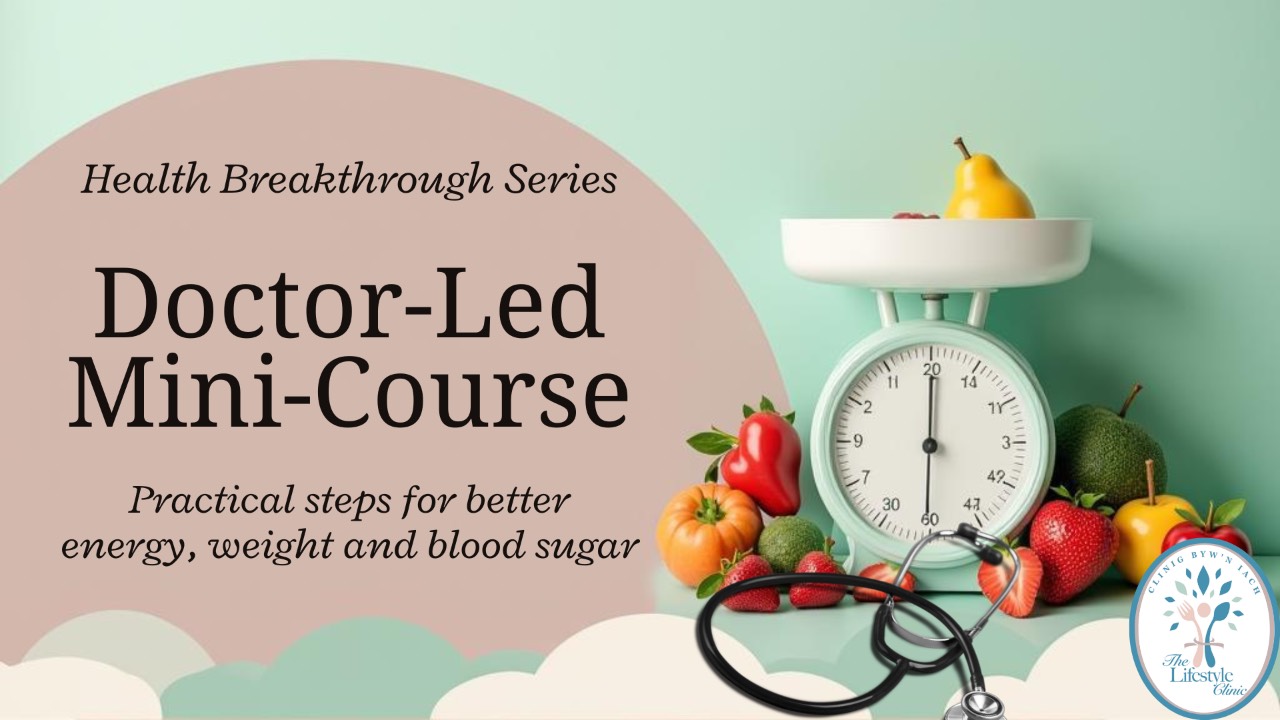
Could you be addicted to sugar?
Sep 26, 2023Sugar addiction is real. We may joke about it, and think of ourselves or others as weak if we cannot resist sugar, but sugar addictions is a serious problem. It can and will lead to health problems, being overweight or obese, or type 2 Diabetes for example. Not everyone with these conditions are sugar addicts but they can be the consequence for some.

Sugar can be thought of as a potent drug. It stimulates parts of your brain to release dopamine which is the ‘feel good hormone’. Your brain loves the feeling dopamine gives, and it will want to have more and more of it leading to cravings. Some people have a more sensitive brain than others. The problem with sugar addiction is that it can get worse over time. Although it is a biochemical problem, we often associate it with feelings of shame and guilt. You may even find yourself behaving in strange ways to hide, sneak and eat more than you should.
So what are the symptoms?
In the early stages you might find yourself buying more than you need. You may find yourself having little control over the amount you intended to eat – you might want one or two pieces of chocolate..but then you eat the whole bar.
With time you will end up starting with more – for example intending to eat a full large bar of chocolate. You will have an internal battle in your head.
In the 2nd stage you may notice mood swings, you might get more argumentative, find yourself feeling tired with difficulty concentrating. You might feel bloated and lethargic. Some find themselves becoming emotional and defensive when questioned or making excuses for the amount of sugar they consume. As these symptoms get worse you might start isolating yourself.
In the 3rd stage, all the symptoms are much worse. You will find your life now revolves around eating and dieting. You might feel physically unwell or even be needing to take sick leave. Feeling of desperation may also emerge.

Could this be me?
To identify if you might have an addiction then the CRAVED screening tool might be useful. Whilst it doesn’t give a definitive diagnosis, a high score certainly should alert you to this possibility. This questionnaire is widely used andd has been adapted for sugar. This can be applied to any addictive substance (eg alcohol, smoking etc).
Answer each question below and ask yourself: How many of the following statements are true for you or have been true at some time in your life?
C: 1. Have you ever had such a strong desire or sense of compulsion at the thought of eating these foods that you could not resist the urge to eat them? (Compulsion)
R: 2. Have you ever noticed that you need to use increasing amounts of these foods to get the same effect compared to when you started? (Increased Tolerance = Reaching for more)
A: 3. Have you ever noticed a growing neglect towards planning of activities because you were A too tired /hungover/ sick due to overeating these foods? (Growing Neglect (of Activities))
V: 4. Have you ever used more of these foods than you intended on more than one occasion? (Loss of Control = more Volume)
E: 5. Have you ever experienced at least two of the following withdrawal symptoms (see i-list) when you cut down or stopped using these foods? (Withdrawal symptoms from stopping or cutting down = Exclusion of foods causing withdrawal symptoms)
D: 6. Have you (ever) continued to use these foods despite you or someone else believing that your health has been affected. Examples include – prediabetes/ diabetes, high blood pressure, and also your mental health – symptoms such as your memory or concentration challenges, anxiety, unexplained mood swings, depression, panic attacks etc or other mental health problems were likely to be due to your use of these foods? (Continued Use Despite Damage awareness)
If you have answered yes 3 or more times then this indicates a high likelihood of addiction.
If this blog has hit a nerve then remember there are resources available in the form of online communities, books and websites. NHS weight management services usually have a psychologist that can help you work through issues so speak to your GP for a referral.


